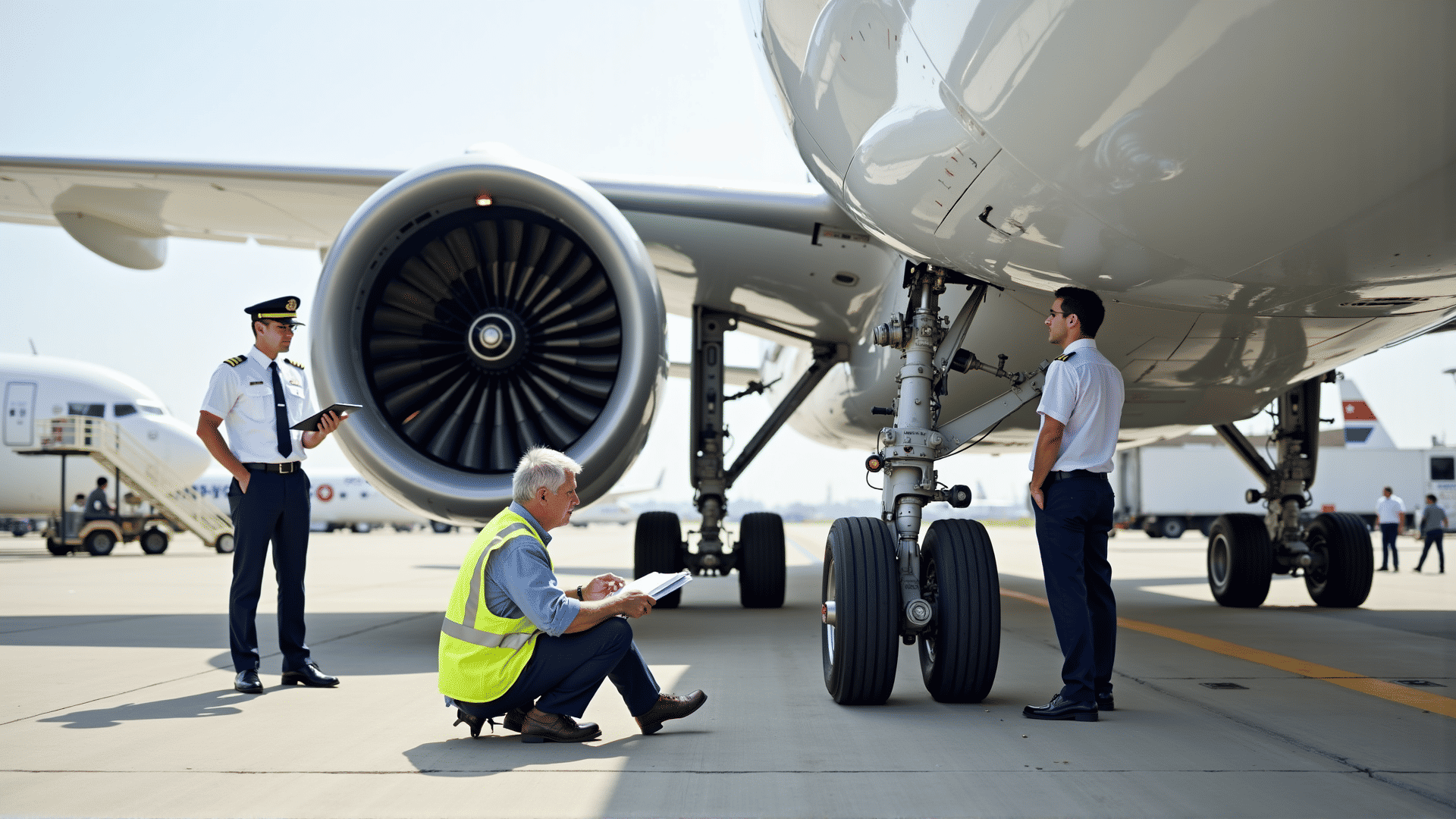In today's fast-paced and interconnected world, the aviation industry plays a crucial role in transporting people and goods across vast distances quickly and efficiently. As airlines constantly strive to meet the demands of increasing air travel, ensuring passenger safety remains the top priority. At the heart of this commitment lies robust aviation safety assurance protocols that form the bedrock of secure and reliable travel experiences.
Aviation safety assurance is a comprehensive approach that integrates multiple layers of defense to safeguard passengers and crew members from potential risks. This process begins long before a flight ever takes off, involving careful planning, training, and rigorous maintenance checks. Airlines adopt a proactive safety culture that emphasizes continuous improvement and error prevention rather than mere compliance with regulations.
One key component of aviation safety assurance is the implementation of cutting-edge technology. Modern aircraft are equipped with advanced systems that monitor every aspect of a flight, from engine performance to environmental conditions. These systems allow for real-time data analysis and rapid response to any abnormalities, helping pilots make informed decisions quickly and accurately.
Moreover, airlines maintain strict maintenance protocols to ensure that aircraft are in optimal condition. This involves regular inspections and servicing, adherence to manufacturer guidelines, and compliance with international aviation standards. By investing in thorough maintenance regimes, airlines address potential mechanical issues before they pose a risk, effectively minimizing the chances of in-flight incidents.
Training is another cornerstone of aviation safety assurance. Pilots and crew members undergo extensive training programs that equip them with the skills and knowledge necessary to handle a wide range of scenarios. Simulations and emergency drills prepare aviation professionals to react confidently and effectively in high-pressure situations. Moreover, a focus on crew resource management fosters effective teamwork, communication, and decision-making in the cockpit, further enhancing safety while flying.
Communication and coordination among different stakeholders in the aviation industry are crucial aspects of safety assurance. Airlines work closely with regulatory authorities, air traffic control, ground services, and manufacturers to maintain a cohesive safety network. This collaboration enables the industry to address safety concerns promptly, share best practices, and implement innovations that contribute to overall safety enhancements.
Passenger participation in safety measures also plays a vital role. Before each flight, passengers receive safety briefings that outline important procedures and the location of safety equipment. While these briefings are routine, they serve as an essential reminder of individual responsibilities in maintaining a safe flying environment.
As safety remains a dynamic and evolving field, airlines continue to leverage advances in technology and data analytics to anticipate and mitigate risks. Predictive maintenance, artificial intelligence, and data-driven insights enable airlines to identify patterns and trends, allowing for more strategic safety enhancements. This forward-thinking approach underscores the commitment to staying ahead of potential threats and ensuring safer skies for all.
In conclusion, aviation safety assurance is an intricate and multifaceted process that highlights the industry's unwavering commitment to safeguarding passengers and crew members. By prioritizing cutting-edge technology, comprehensive training, rigorous maintenance, and effective collaboration, airlines provide peace of mind to travelers worldwide. As the aviation landscape continues to evolve, maintaining this high standard of safety assurance is imperative to fostering trust and confidence in air travel.
